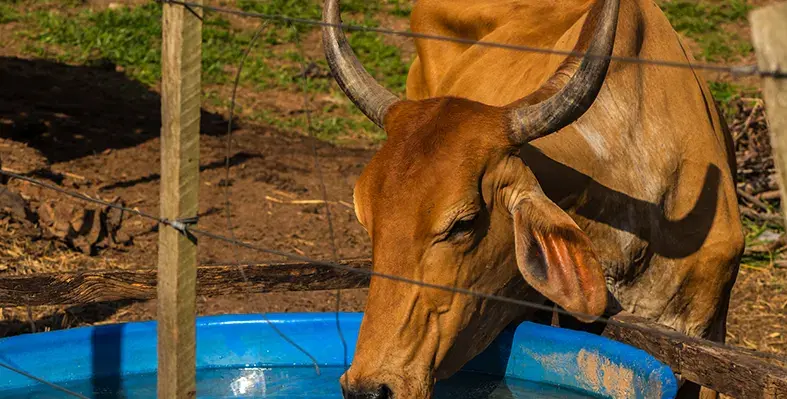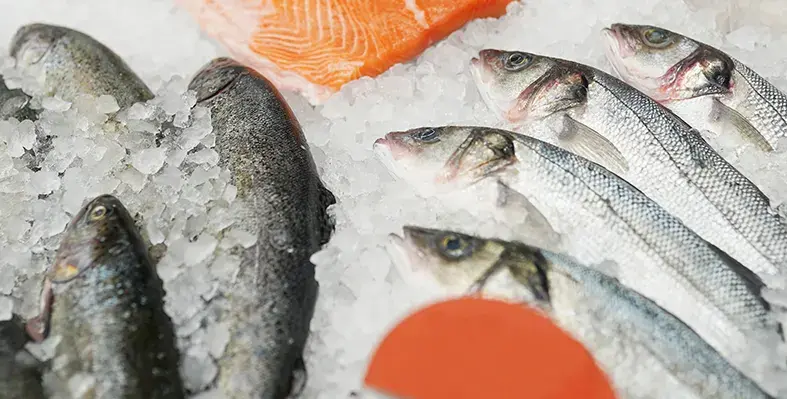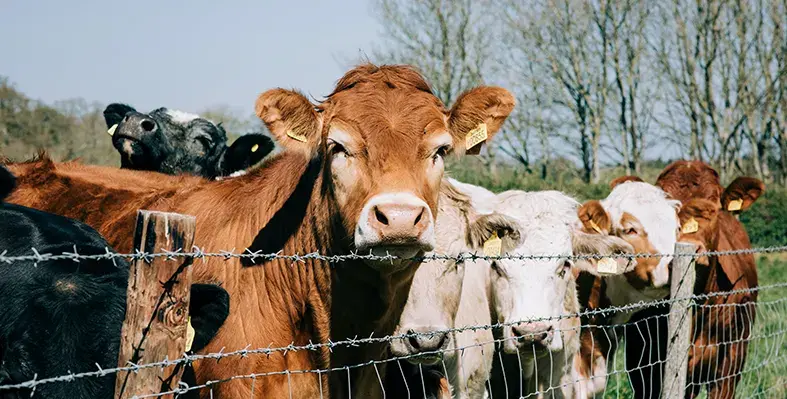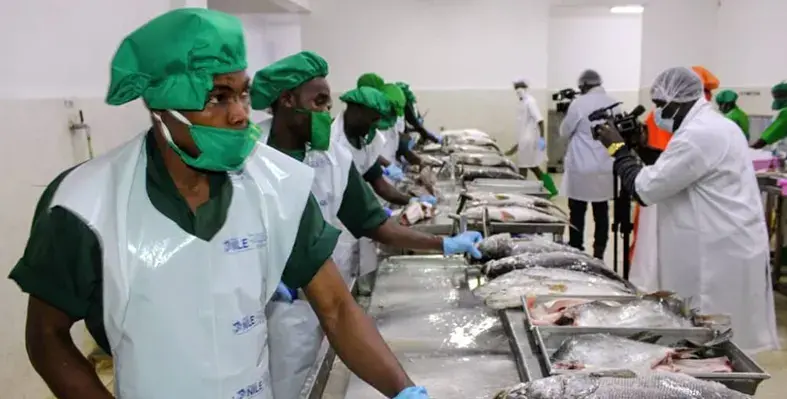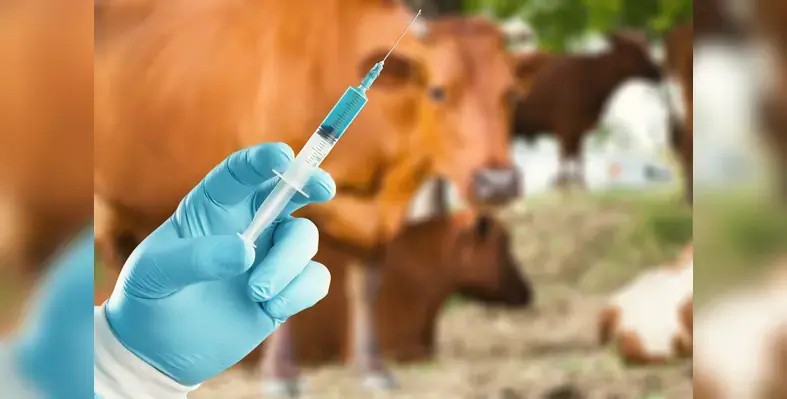
Global antimicrobial usage peaked dramatically at 118,600 tonnes in 2013 before dropping to 84,000 tonnes by 2020.
A groundbreaking UCL study reveals a paradox at the heart of global agriculture: whilst antimicrobial use in livestock has plummeted by nearly a third since 2013, wealthy nations are quietly shifting the burden overseas through strategic imports.
The research, published in Nature Sustainability, tracked antimicrobial consumption patterns across a decade, painting the most comprehensive picture yet of how these critical medicines flow through our interconnected food systems. The findings tell two contrasting stories about progress and persistent problems.
Global antimicrobial usage peaked dramatically at 118,600 tonnes in 2013 before dropping to 84,000 tonnes by 2020. This remarkable decline accelerated following the landmark 2016 UN meeting on antimicrobial resistance, which catalysed stricter regulations across numerous countries. Per capita consumption fell from 15.6 grams to 10.6 grams during this period.
China and the United States, commanding roughly 60% of worldwide usage, drove this positive shift with reductions of 29% and 28% respectively. These numbers represent genuine progress in combating a threat that currently claims 700,000 lives annually through drug resistant bacteria.
However, beneath these encouraging statistics lies a troubling pattern. Developed nations have effectively exported their antimicrobial footprint by importing products from emerging economies where livestock farming practices remain antimicrobial intensive. Between 2010 and 2020, internationally traded goods' share of antimicrobial use climbed from 16% to 20%.
Perhaps most surprising: half this footprint stems from non food products like clothing, chemicals, and electronics containing animal derived materials. Meanwhile, nations like India and Indonesia face rising antimicrobial consumption, partly fuelled by export demands. India's footprint expanded by 16% across the decade.
"The overuse of antimicrobials in livestock is a serious health concern, posing a potential global health threat. The decline in use in recent years is promising, and shows that government regulation and intervention can be effective. Our research can help inform future guidance for their usage," said Heran Zheng (UCL Bartlett School of Sustainable Construction).
This study underscores a critical reality: reducing antimicrobial resistance requires coordinated global action, not just shifting production to countries with looser regulations. True progress means addressing consumption patterns and supporting sustainable farming practices worldwide.




